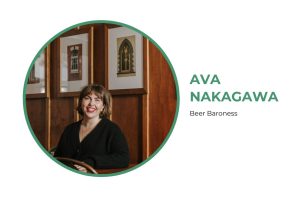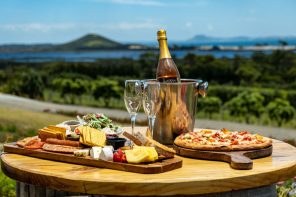The advent of whitebaiting season has seen keen fishers head to secret spots and restaurant and café owners brace for an influx of customers seeking ‘white gold’. However, calls have renewed to ban the practice, citing dwindling fish stocks and drawing a comparison to other endangered New Zealand species.
Overfishing, habitat loss and a lack of conservation data have resulted in Forest & Bird launching a campaign to ban commercial whitebaiting, saying that it is unsustainable. Whitebait is the general term for the juveniles of five fish: the giant kōkopu, banded kōkopu, shortjaw kōkopu, inanga, and kōaro, four of which are considered to be in danger of extinction, possibly as soon as 2034. There is no catch limit and no regulation around commercial sales.
“We can’t expect to profit off of these fish in a sustainable way,” said Annabeth Cohen from Forest & Bird. “Profiting from an endangered species is just not sustainable.”
Whitebait generally commands a price of between $70 and $130 per kg, which makes it an appealing prospect for many restaurants and cafés. The limited whitebait season (between September and November) also results in a controlled scarcity, and consumers are keen to take advantage of the limited availability.






